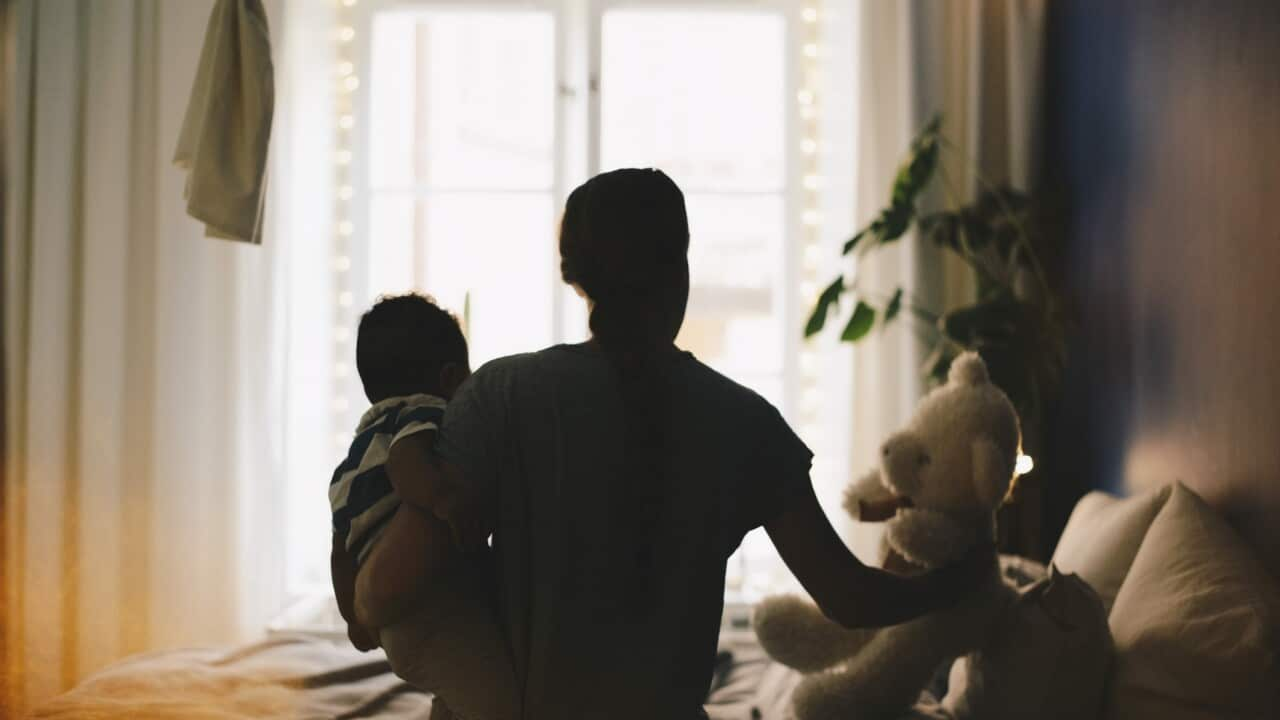“How are babies made?” can be four of the most terrifying words a parent or guardian can hear but they don’t have to be.
When my oldest son, Max, asked about the facts of life, I wasn’t perturbed but I wasn’t prepared either. After offering a garbled confusing and long-winded explanation, I wasn’t met with a barrage of challenging questions but a blank stare. At this point I realised I needed some help. My local bookshop had only one offering: 1973’s Where Did I Come From, the same book my mother read to me.
Things have changed a fair bit since 1973 so I decided to have a go at creating a book myself. The unexpectedly joyous experience of writing the book - and becoming an accidental sex educator in the years since publication - has given me a whole lot of insight into making The Talk a lot less terrifying.
First and foremost: Don't panic!
Take a deep breath. It’s going to be okay. Really.
Don't get hung up on 'the right age'
The right age to start the sex ed conversation is when a child is interested enough to ask. For some kids it’s as young as three years old (although that’s unusual) while for others it’s around nine or 10. Children learn at their own level of comprehension so what a three or four-year-old absorbs from a sex education book or animation (for them sex is usually the very least interesting part) is completely different to what a nine-year-old understands. If a child hasn’t asked by the age of 10 or 11, it’s probably good to bring it up yourself as they’ve likely gleaned a fair bit already from the media and/ or playground.
The right age to start the sex ed conversation is when a child is interested enough to ask.
Have a sense of humour
Humour is both a great embarrassment buster as well as a fantastic tool for learning. If you can take a light-hearted approach to a potentially awkward subject, you’ll find the whole thing a lot less buttock-clenching and a lot more enjoyable. Kids are more open to new information when they’re relaxed and once that ice is broken it leaves an opening for future conversations.
Check your baggage
The main reason for parental panic is the belief that when children ask how babies are made, the four terrifying words they’re actually saying are “tell me about sex”. As adults, our views on the topic are formed by our own experiences, beliefs, projections, preferences and whatever else we can stuff in our personal Pandora’s box.
Children don’t have these experiences or preconceptions. When they ask about how babies are made, they’re not seeking an in-depth conversation about sex and sexuality- they just want to know where they came from. If you try leaving your adult baggage behind and seeing it from their perspective, the whole thing is much less daunting.
Don't be afraid to ask
One easy way to see things from a child’s perspective is to bat the question right back at them: “Well, how do you think babies are made?” While this might seem like an evasive tactic (and let’s be honest, it’ll buy you time) it’s a great way to gauge the extent of their knowledge or lack thereof. With younger children (three to five-years-old) there’s a reasonably high chance they’ll have it completely, hilariously wrong. If the child is on the older end (10 to 11), they probably will have already at least a general idea so might be asking to open up conversation.
Remember, it's not just all about sex
Sex plays an important role in how babies are made (well, obvs) but it’s only part of the whole schebang. It’s also the story of our bodies, their similarities and differences and how they grow and mature. Of course there’s the ole sperm-meeting-the-egg bit but then there’s the story of how the embryo develops and becomes a baby, how that baby is born and how it’s fed. It’s about different types of parents and families. It’s about where everyone came from.
There's another reason it's not just about sex
People still make babies the old fashioned way, but thanks to technological advances, assisted conception like IVF, egg and sperm donation are increasingly common. Last year . On average, that’s around a child in every classroom.
People still make babies the old fashioned way, but thanks to technological advances, assisted conception like IVF, egg and sperm donation are increasingly common.
But it is still partly about sex
While some parents would prefer to avoid talking about the s-word altogether, it’s still an essential part of the story. If kids feel the topic is taboo at home, they’ll likely seek answers on the world wide web. “Sex” is very easy to spell and- just quietly- a Google search is not likely to lead them to good, age-appropriate sex education.
Last but absolutely not least: remember that it really is amazing
Whether by methods natural or assisted, human reproduction is just astonishingly, incredibly cool. Our bodies can do amazing things and making small new humans has surely got to be at the top of the list. If you focus on the joyousness and all-round biological wonder of the whole thing, not only will you find it so much easier to talk about, but you’ll feel like a kid again.
Fiona Katauskas is an illustrator and executive producer of , an animated sexual education series for children based on the book of the same name.
Let’s Talk About Sex, a four-part documentary in which families have the frankest discussions about sex, airs on SBS Viceland from September 16 at 9:25PM and is streaming at SBS On Demand.





